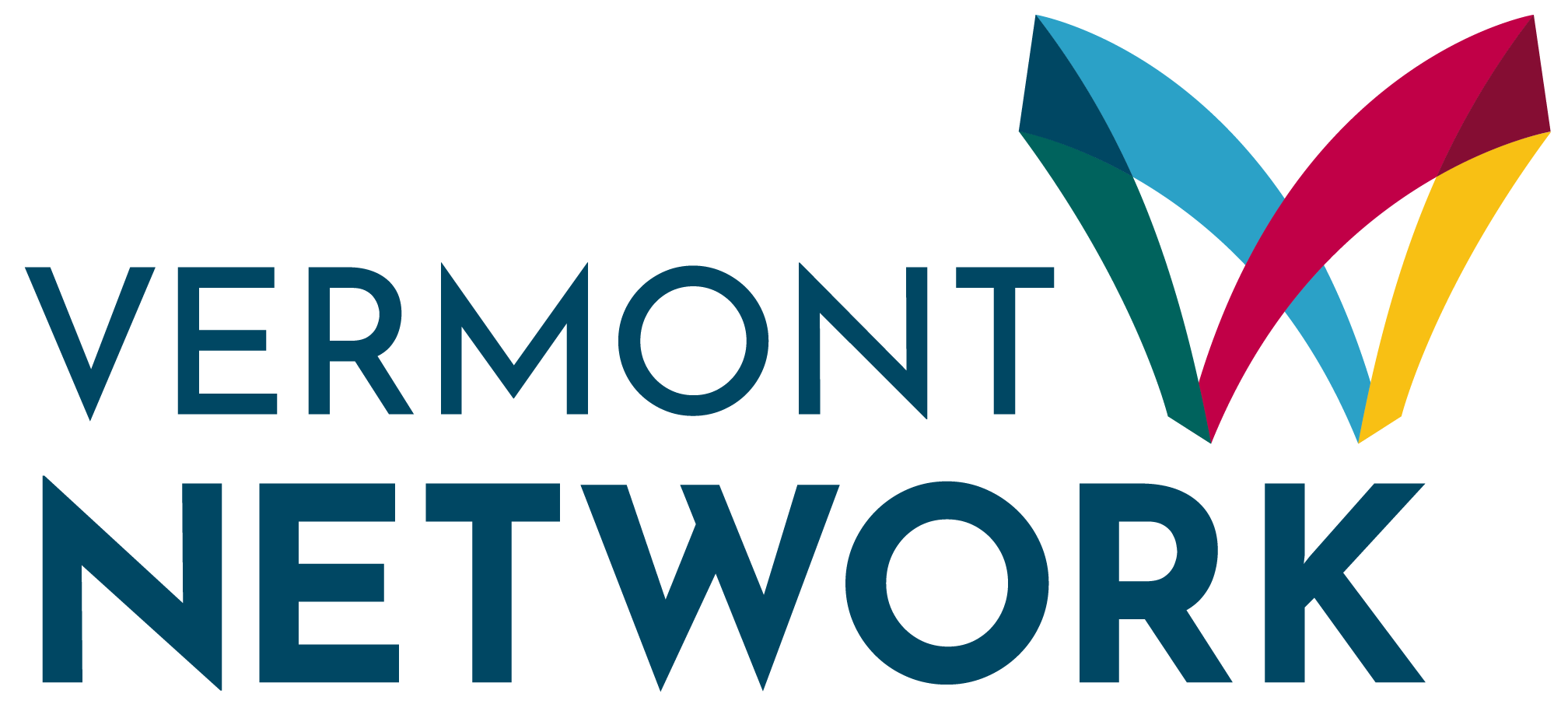Help Is a Call Away: The Lifesaving Work of Vermont’s Crisis Line Advocates
We’ve all seen the PSAs—on a sticker in a bathroom stall or pamphlet at the doctor’s office: “If you or someone you know is experiencing domestic or sexual violence, call this number.” But what actually happens when someone does call?
For thousands of people in Vermont each year, that number is more than a resource, it’s a lifeline. Calling a crisis hotline is often the first way survivors connect with their local domestic and sexual violence organization. It can refer them to in-person services, like help finding housing, and provides consistent, accessible emotional support as they navigate the impacts of harm and explore what healing might look like.

In Vermont, local crisis lines, managed by the Vermont Network’s independent non-profit member organizations, provide advocacy and support across every county in the state. In 2024 alone, advocates at member organizations responded to a combined total of over 22,000 calls, webchats, and messages.
Most domestic and sexual violence hotlines in Vermont are available 24/7, every day of the year. In addition, culturally specific “warmlines” offer support on select days: the Safespace Program at the Pride Center of Vermont serves LGBTQ+ survivors, while Deaf Vermonters’ Advocacy Services supports Deaf and hard of hearing survivors.
But why are crisis lines so vital?
Support Whenever It’s Needed
“Crisis doesn’t only happen during business hours,” said Claire Churchill, a volunteer hotline advocate at WISE, “and in-person services aren’t always accessible to people for a variety of reasons.” That’s why 24/7 crisis lines are so essential. They offer a dependable source of support, day or night, for people facing barriers to in-person services.
Whether someone is in an abusive relationship and can only safely call during their commute or lives in a rural area without transportation, having a flexible, virtual support option can be a lifeline. The anonymous, low-commitment nature of a hotline can also make it easier for someone to take the first step toward seeking help.

Sometimes, a phone call is just the beginning. Hotline advocates can help de-escalate a crisis or stabilize someone emotionally, then connect them to in-person support when it’s needed.
“We have strong partnerships with our local hospitals,” said Bailey Ray, the Advocacy Manager and Campus Coordinator at WISE. “Any time someone has experienced domestic or sexual violence, the hospital places a call to our hotline to request advocacy. It’s a vital way we’re able to use our community relationships to meet survivors where they are.”
Listening Without Judgement
For many survivors, the first thing they need isn’t advice, it’s someone who will really listen. The impacts of domestic and sexual violence are often complex and deeply isolating. Many hotline callers aren’t looking for immediate solutions, but rather someone who can hold space for what they’re going through without judgment, provide options if asked, and empower survivors to make their own decisions.
“It’s not as simple as someone walking out the door if they are in an abusive relationship,” explained Ally Scanlon, the Family and Youth Advocacy Specialist at the Clarina Howard Nichols Center. “People can still have feelings for the person they’re with. These relationships usually started out with a lot of love and fun, and it’s hard when things change, but they may still believe it can go back to how it was…Sometimes they’re financially dependent on their partner, or they don’t have a community or family to support them. The key to all of that is to be available, to listen, and not to spring towards forcing action. That’s not going to get you anywhere and the person probably won’t call back.”
Instead, advocates focus on building trust, often over months or even years, so survivors feel safe reaching out for support again.
Expertise Grounded in Experience
“There’s a difference between knowing the information and having experience with it,” said Bailey Ray, describing the expertise of hotline advocates. Many advocates have supported survivors through everything from filling out protective orders to finding emergency housing. Some are survivors themselves, bringing valuable lived experience that helps them connect with callers and offer grounded, practical options.
That same sense of support extends to the advocates. Behind each call is not just compassion, but a team of volunteers and staff with deep, practiced knowledge who are ready to offer guidance when others face new or challenging situations on the hotline.

Essential Connection
Without crisis lines, many people directly and indirectly impacted by domestic and sexual violence would have nowhere to turn. These services are not just helpful; they are essential. They offer connection in moments of deep isolation, grounding in times of crisis, support through unfamiliar processes, and a consistent, nonjudgmental presence that makes healing possible.
Hotline advocates do this work every day and night of the year, with care, skill, and a deep level of empathy. They meet people exactly where they are, whether it’s a first-time caller or a fiftieth-time caller.
As Claire Churchill reflected, “Working on the hotline can at times be a challenging way to see the world, but there is so much hope in it.”
That hope is at the heart of this work. And it’s what keeps the line open.
